South Koreans wonder if the US will still protect them from North Korea
There is growing support within South Korea for the country to secure its own nuclear weapons, write Michelle Ye Hee Lee and Min Joo Kim

The mood around Unification Village, just south of the inter-Korean border, has grown tense the past two years as North Korea ramps up its ballistic missile tests. Most recently, North Korean drones even infiltrated the border.
“It is time we went nuclear,” says Lee Wan-bae, who has lived for 50 years in the village, just three miles south of the Military Demarcation Line that marks the official border between the two Koreas.
For decades, Lee has had a front-row view of the fluctuating border tensions amid failed efforts to disarm North Korea. “It increasingly looks like matching the nuclear threat from North Korea is the solution that will bring long-desired stability to our village life,” Lee says.
With North Korea threatening to strike the South with nuclear weapons and no sign of a return to denuclearisation talks, South Koreans are increasingly debating whether they can still trust the United States to protect them in case of war on the peninsula.
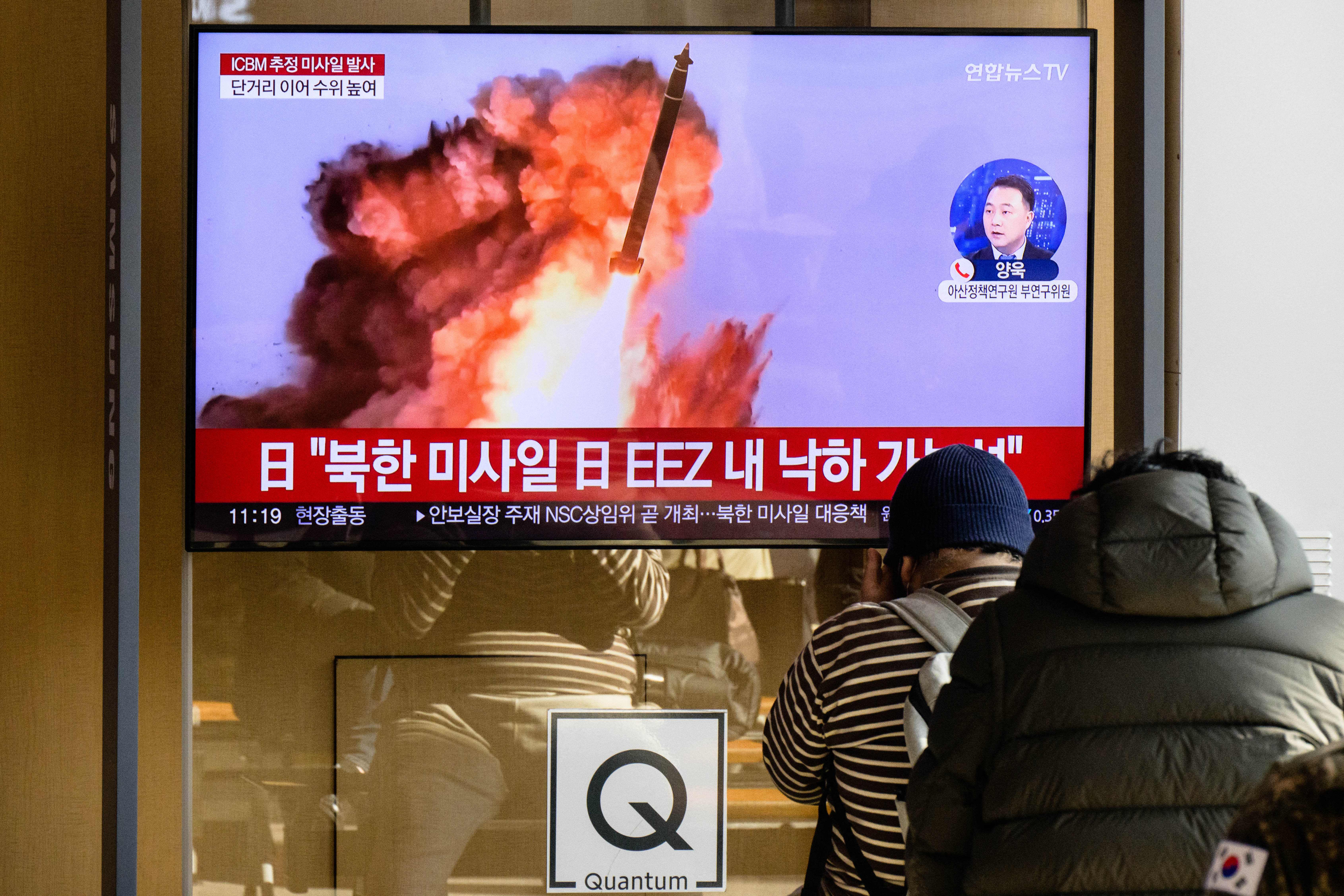
The shifting geopolitical landscape around South Korea in the past year – an unprecedented number of missile launches from North Korea, Russia’s nuclear sabre rattling, and growing fears that China will invade Taiwan – has prompted South Koreans to take a sober look at their security dependence on the United States.
At the same time, the South Korean public has become ever more supportive of having their own nuclear weapons – a sentiment that was once considered fringe but is now mainstream.
As a signatory to the international Non-Proliferation Treaty (NPT), South Korea is banned from developing or acquiring nuclear weapons. South Korea remains under the protection of the US nuclear umbrella, which guarantees that the United States would use its nuclear weapons to protect South Korea if needed. This US commitment to protect allies is also referred to as “extended deterrence”.
There is now urgency to re-examine the credibility of the arrangement. Some South Korean analysts wonder: would the United States really deploy its nuclear arsenal to protect South Korea? And would it do so even during the Russian invasion of Ukraine or a Chinese invasion of Taiwan?
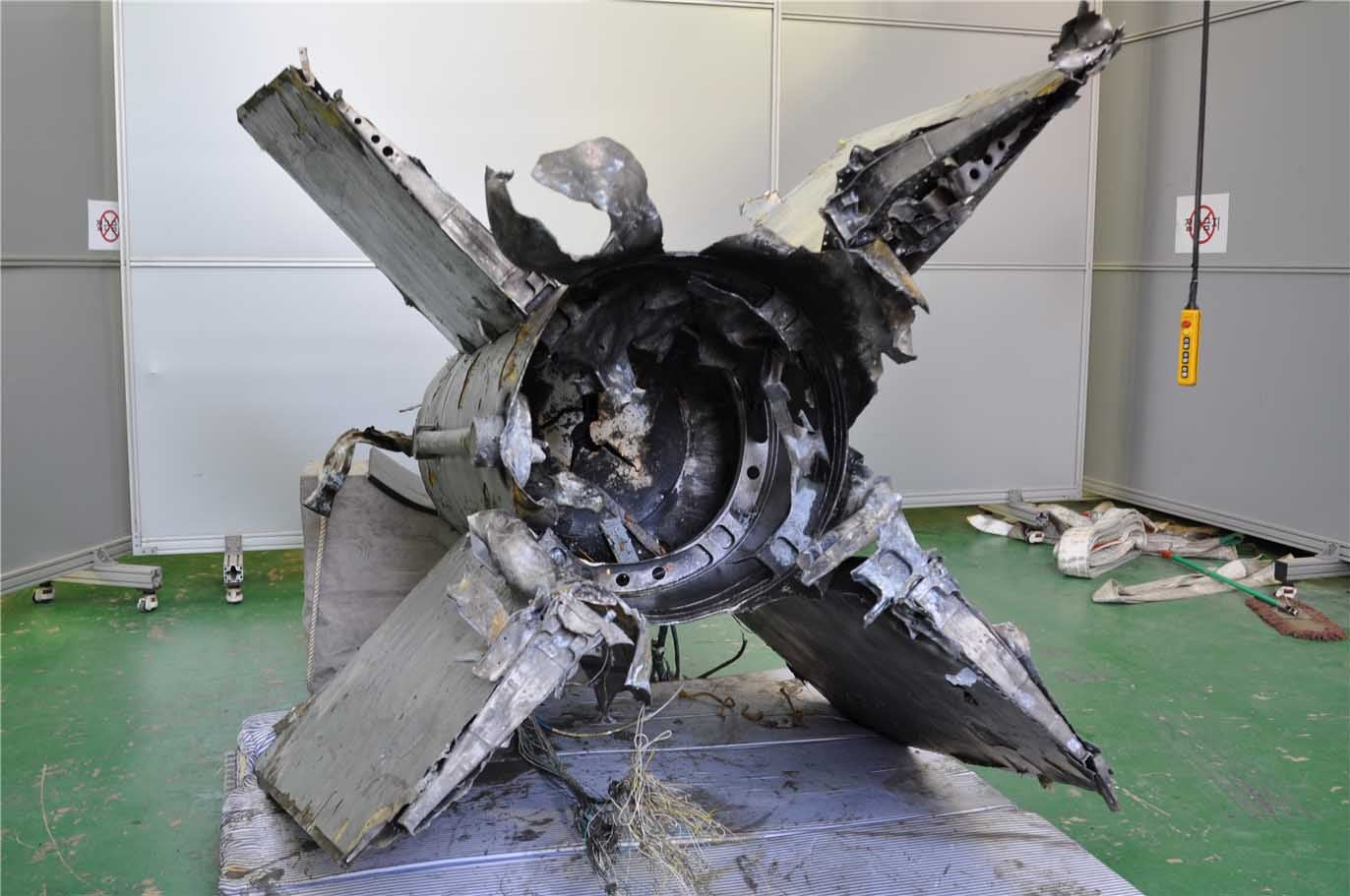
“While South Korea may have, in the past, similarly sought assurance from the United States ... current discussions are different because of the drastic changes in the threat environment” and the circumstances surrounding South Korea, says S Paul Choi, principal at the Seoul-based consultancy StratWays Group and a former South Korean military officer.
Risks of conflict breaking out in multiple places at once, such as in Europe and in east Asia or in multiple places within the east Asia region, “further raise concerns about US capacity to deliver on its commitment”, Choi says.
South Korean leaders are grappling with this public discourse, which has intensified in the past month after South Korean president Yoon Suk Yeol mentioned offhand the possibility of going nuclear as a policy option, though he suggested it was an unrealistic one. He later walked back the comment, saying he was “fully confident about the US’s extended deterrence”.
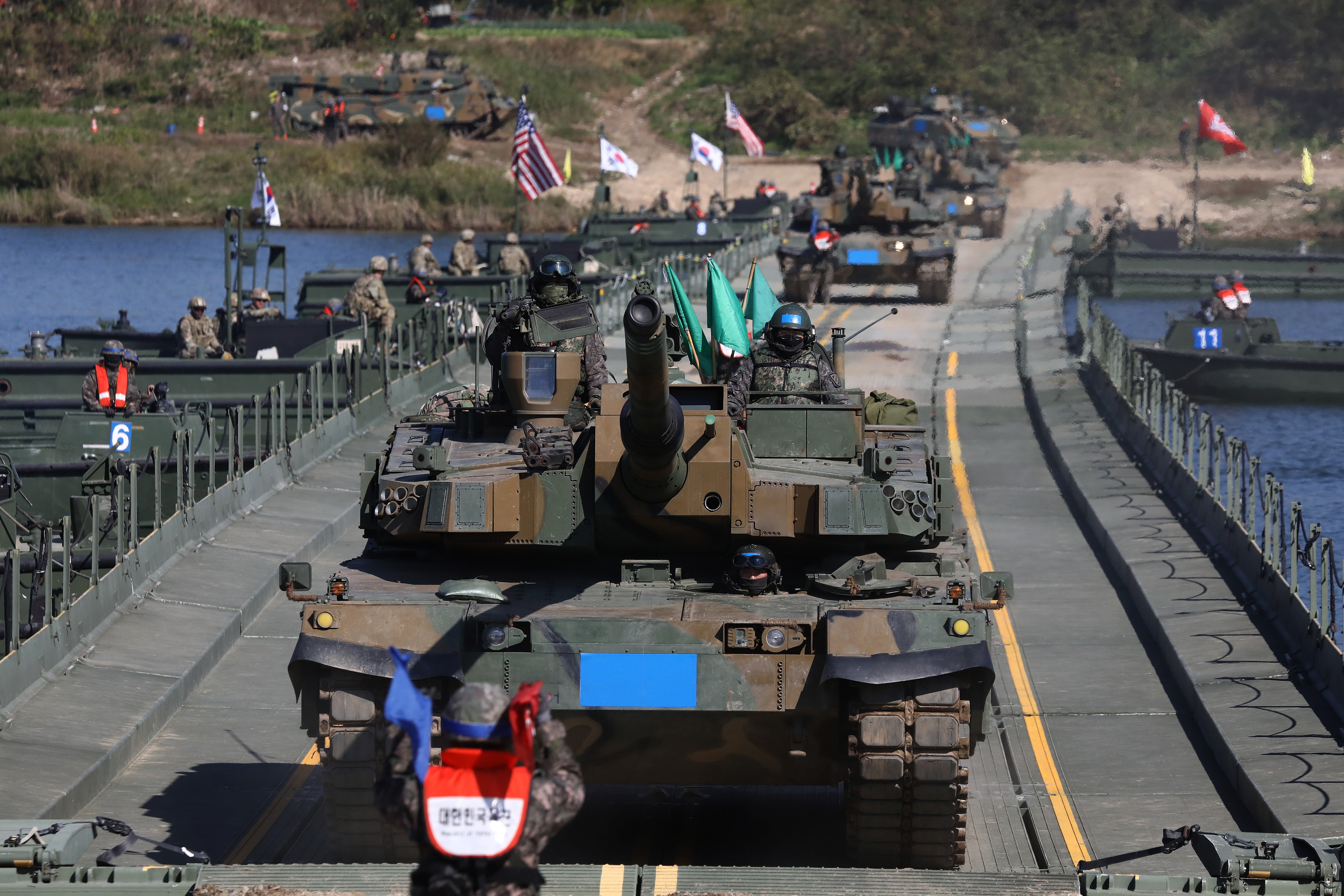
Several South Korean officials reaffirm the country’s trust in the alliance and commitment to the NPT. But they acknowledge the need to strengthen the allies’ response to North Korea and say their discussions with the United States are focused on how to set and meet those goals.
South Korean officials also view their trilateral efforts with the United States and Japan to respond to the North’s threat, such as drills and increased communication, as another way to overcome the credibility gap.
“Having our own nuclear weapons is not a realistic option. But the fact that the public wants it is a reflection of their security concerns,” says a senior South Korean official, speaking on the condition of anonymity to discuss sensitive matters. “We need to discuss between South Korea and the United States to increase their trust and make them feel like extended deterrence is not just declarative.”
North Korea is barreling forward on its five-year nuclear development plan, with leader Kim Jong-un vowing an “exponential increase” in its arsenal this year. In September, North Korea adopted a more aggressive law stating it could use nuclear weapons “if any forces try to violate the fundamental interests of our state”. The North is also advancing tactical nuclear weapons, which have a lower explosive yield and fly shorter ranges – and are directed at the South.
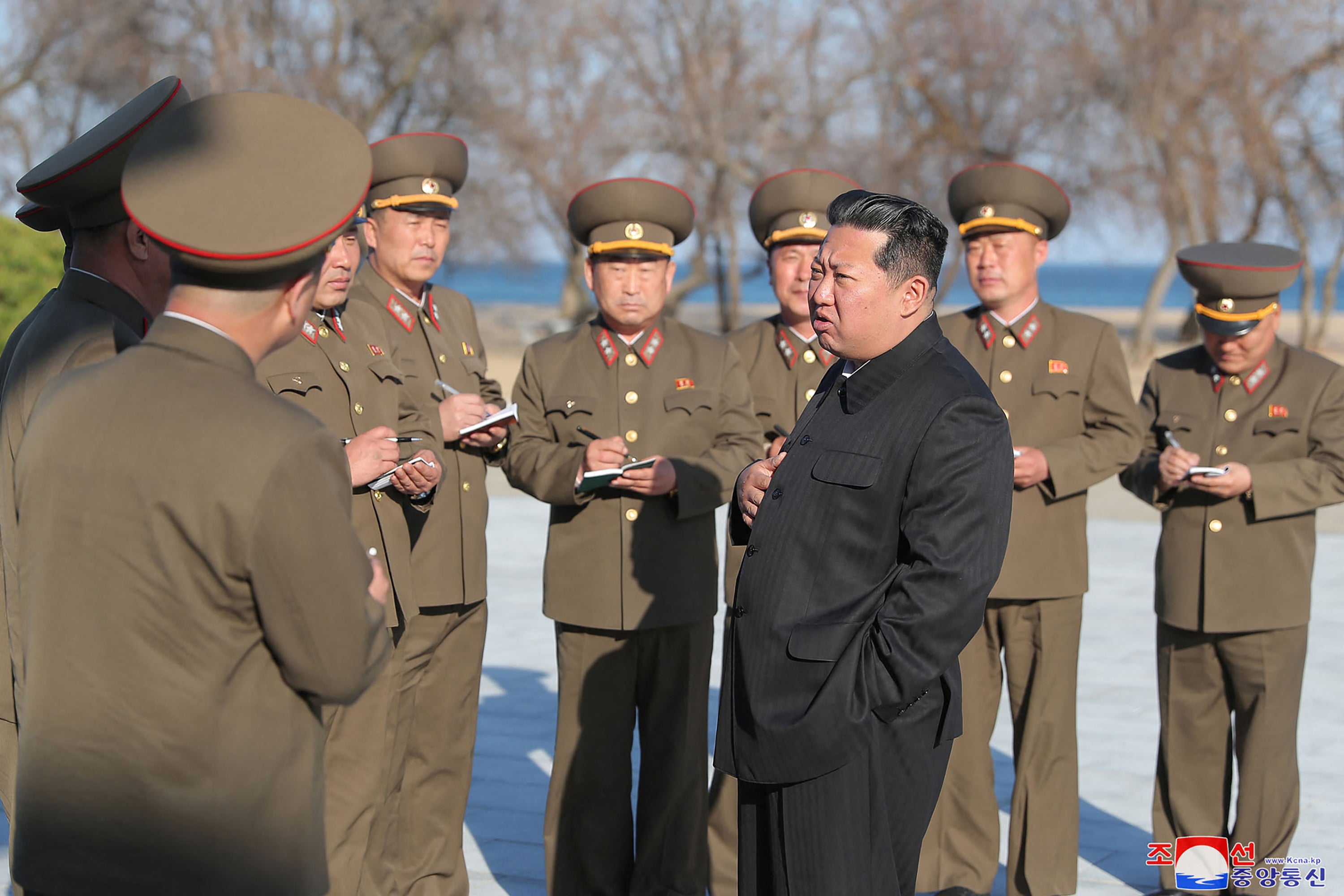
“Security concerns deepened among the South Korean public over the North’s recent push for short-range missiles and tactical nuclear capacity, which are seen as immediate threats,” says Jina Kim, a security expert at Hankuk University of Foreign Studies in Seoul. As North Korea evolves in its nuclear ambitions, the allies should also adjust their efforts to deter Pyongyang by preparing for specific scenarios of nuclear attacks, she says.
US defence secretary Lloyd Austin and his South Korean counterpart, Lee Jong-sup, recently met in Seoul to discuss how to reaffirm the US commitment to South Korea. They announced new measures, including holding a nuclear tabletop exercise this month and expanding the “level and scale” of their combined exercises, according to a joint statement.
Choi says South Korea seeks a greater role and involvement in the alliance’s deterrence efforts, not just by consulting on policies but also by having a hand in how those policies are put into place and how joint military operations are designed and carried out.
South Korean policymakers are most worried about the leaders of North Korea and China no longer believing that US pledges on extended deterrence are credible, he says. That is particularly the case when it comes to whether the United States would use its nuclear weapons to defend South Korea.
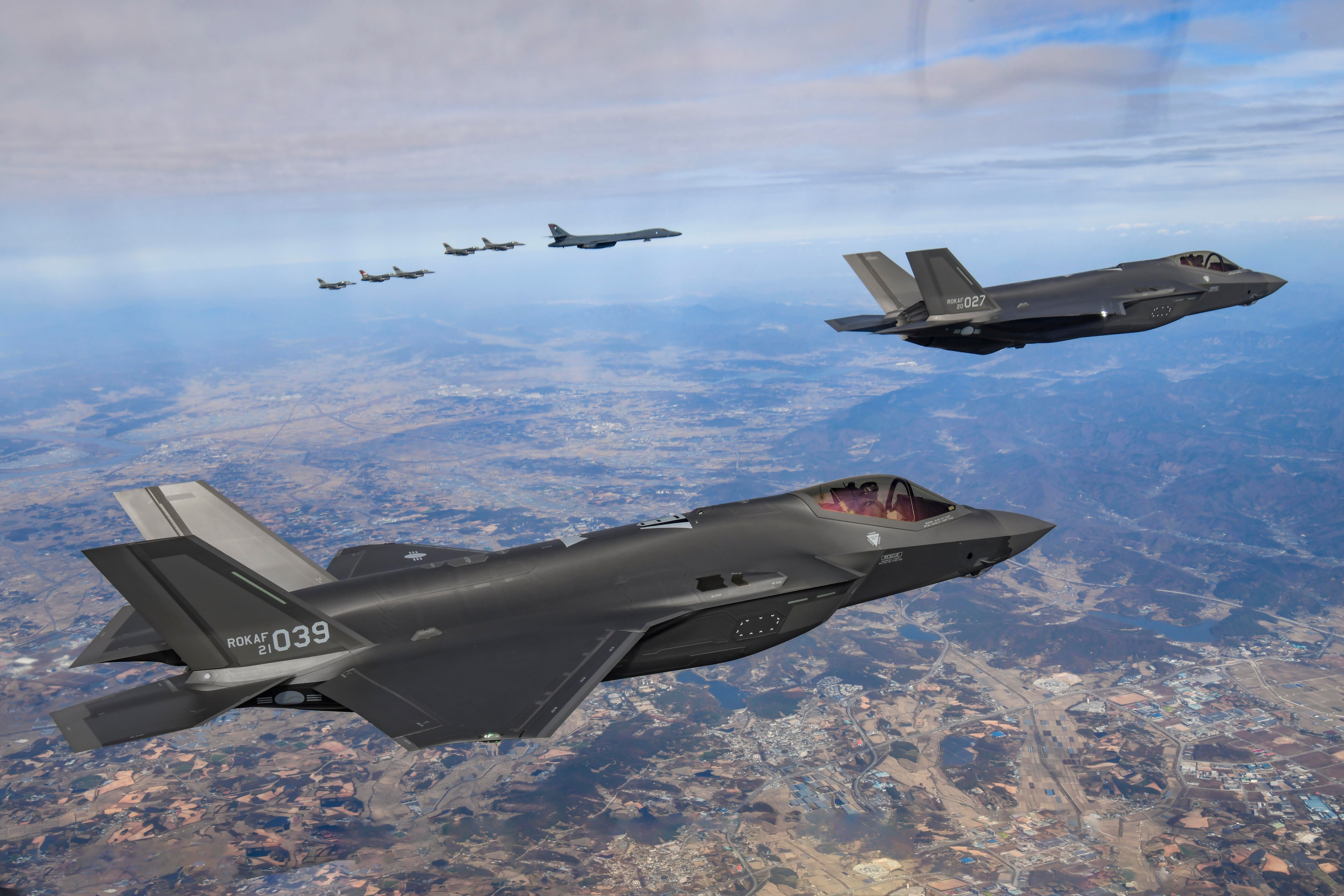
Throughout much of the Cold War, the United States stationed nuclear-armed weapons in South Korea. Then, in 1991, President George HW Bush initiated the withdrawal of all tactical nuclear weapons deployed abroad. In 2016, then-South Korean president Park Geun-hye reportedly asked the United States to redeploy the tactical weapons but was denied.
Public polls over the past decade have shown a steady rise in support for South Korea going nuclear, ranging from 60 to more than 70 per cent of the population. A new poll released last week by the Seoul-based Chey Institute for Advanced Studies found that an overwhelming 76.6 per cent of 1,000 respondents support domestic nuclear weapons capability.
A Biden administration official, speaking on the condition of anonymity to discuss sensitive matters, said that the United States has been clear that there would be “overwhelming response” in the case of a nuclear attack, and that US policymakers believe South Koreans understand the “costs and benefits and tremendous risks” of having their own nuclear weapons.
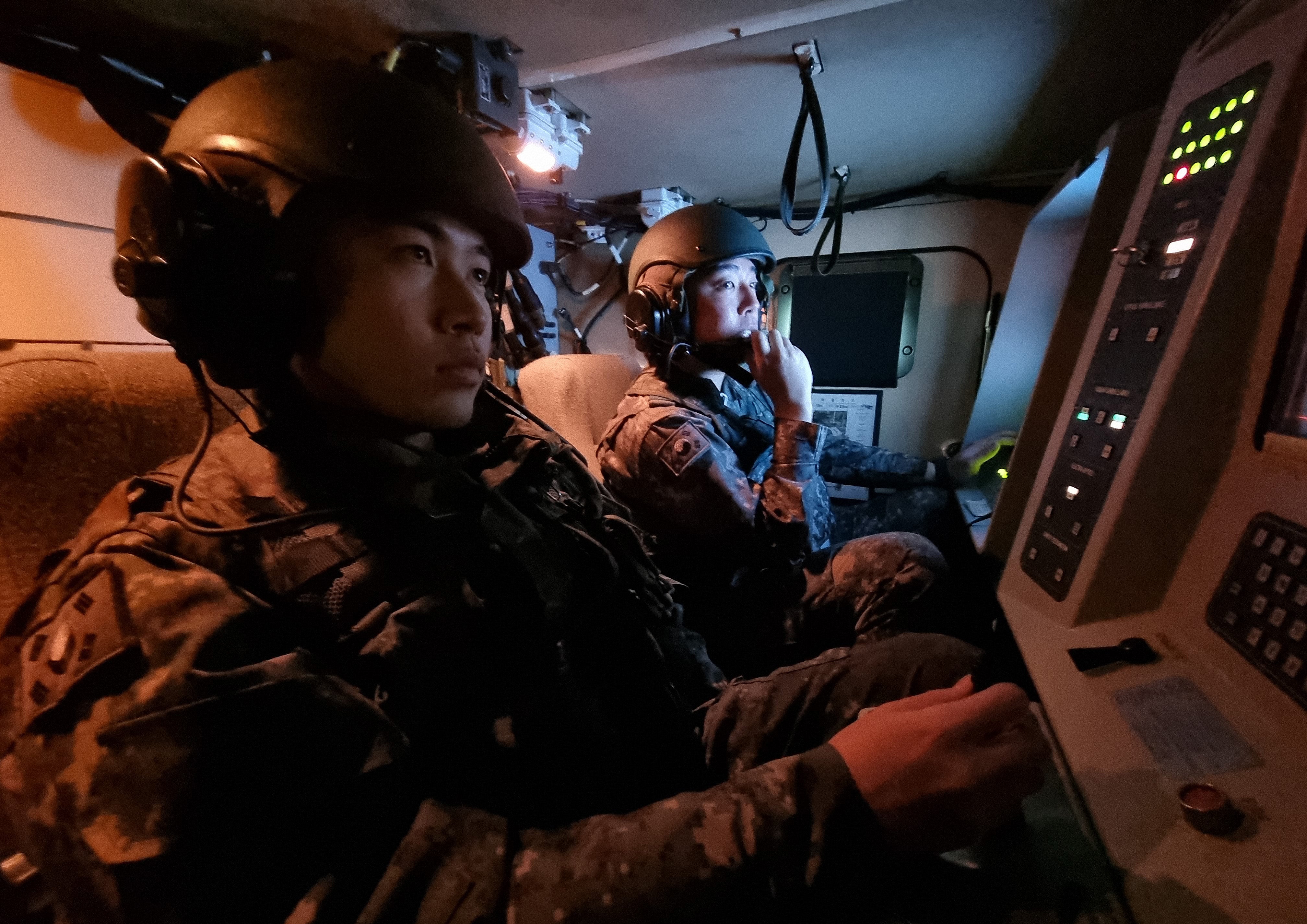
Kim, from Hankuk University, says that although there is popular support, there has not been enough debate on the potential downsides of going nuclear. The South Korean military’s nuclear pursuit in violation of the NPT would also deal a blow to the country’s civilian nuclear industry, she says. Still, analysts agree that the two countries need to do more.
“Assurance is less about whether the adversary is deterred but more about making US allies feel protected,” says Go Myong-hyun, research fellow at the Asan Institute for Policy Studies in Seoul. “While there is little the alliance can do militarily to prevent North Korea from carrying out missile launches and nuclear tests, it can and should do more to strengthen assurance.”
© The Washington Post
Join our commenting forum
Join thought-provoking conversations, follow other Independent readers and see their replies
Comments
Bookmark popover
Removed from bookmarks